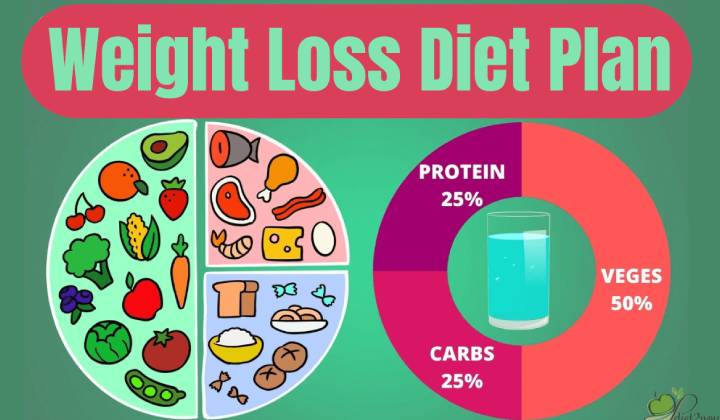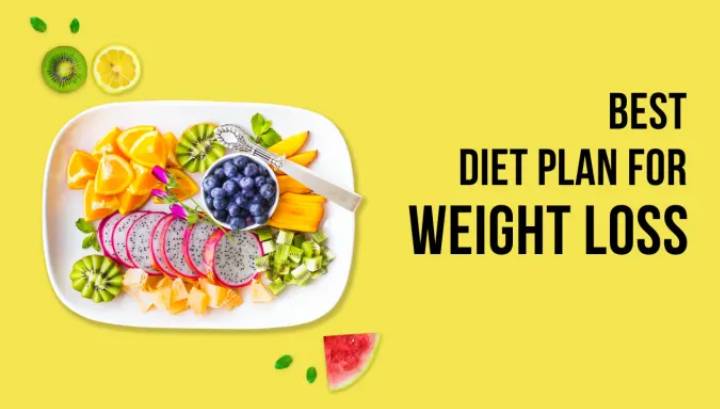If you want to lose weight, you’ve probably seen a lot of diets that promise quick results, but not all of them are safe or sustainable.
It’s important to talk to your doctor before starting any new diet.
What Makes a Diet Good for Weight Loss?
Not all diets are the same for weight loss. A good diet should match your needs and be easy to stick to. Su-Nui Escobar, a dietitian, says a good diet should have proteins, complex carbs, and healthy fats. Different diets may need different amounts of these nutrients, but all food groups should be in your diet.
Some diets have been studied more, like plant-based diets that help with weight loss. To lose weight, you need to eat fewer calories than you burn. For example, if you want to lose 1 to 2 pounds a week, eat 500 to 1,000 calories less than you need to stay the same weight. But don’t cut calories too much; aim for at least 1,500 calories a day for men and 1,200 for women.
Dr. Escobar also says you should have a plan for when you reach your goal weight. Losing weight is easy, but keeping it off can be tough.
How to Choose the Best Weight Loss Diet for You
Before starting a diet, think about your lifestyle, goals, and likes. For example, if you’re busy and travel a lot, a diet that needs you to cook at home might not work. And if you like meat, going vegan might not be a good fit.
If you have health problems or take medicine, talk to your doctor first.
Tips for Sticking to Your Weight Loss Diet
It’s important to stick to your diet. Here are some tips from experts:
- Have a morning routine: Start your day with a balanced breakfast, meditation, or a quick workout to set a healthy tone.
- Be kind to yourself: Learn to get back on track after a slip-up and be gentle with yourself.
- Track non-scale victories: Weight loss isn’t just about the scale. Keep a journal of other successes, like eating better or feeling less stressed.
- Get enough sleep: Sleep helps control your hunger and cravings for unhealthy foods. Aim for 7 to 9 hours of sleep.
- Reward yourself: Celebrate your achievements with non-food rewards to stay motivated. Treat yourself to self-care or fun activities.
You can include all foods in your diet, but you might need to limit some depending on your eating plan. Avoid too much added sugar found in sweets, baked goods, and sugary drinks. Also, cut back on high-sodium, saturated fat, trans fat, and cholesterol foods, like processed and fried foods.
Don’t follow diets that cut calories too much. Very low-calorie diets may help you lose weight quickly, but they’re hard to stick to and may not give you all the nutrients you need. Dr. Escobar suggests avoiding plans with less than 1,200 calories a day for women and 1,500 for men.
Lastly, the best weight loss diet should fit your needs, be sustainable, and have a balance of nutrients. Talk to the professional before making big changes, and remember that long-term success depends on both the diet you choose and your ability to stick with it.





